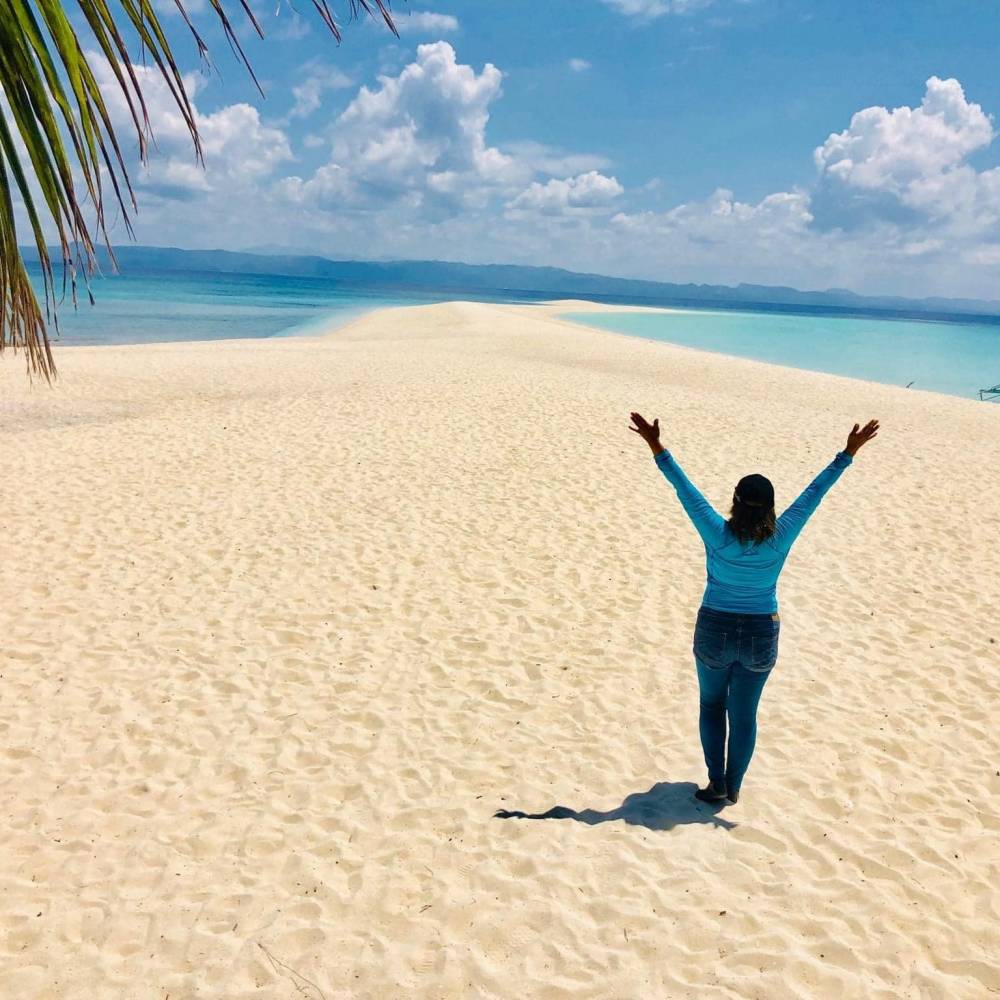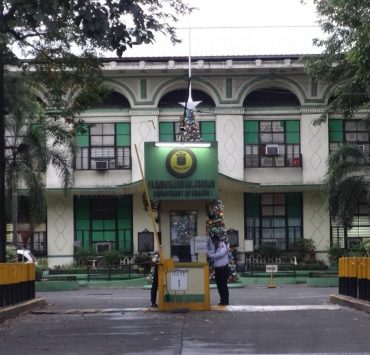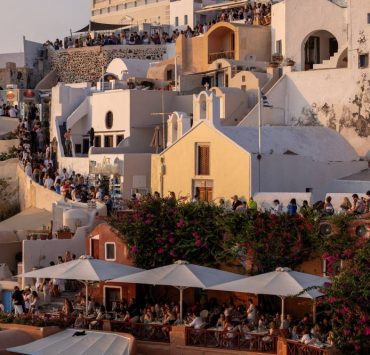Leyte’s Kalanggaman Island reopens after cleanup

TACLOBAN CITY—The famed Kalanggaman Island in Palompon town of Leyte province is ready to welcome guests anew. The announcement was made on Friday by the municipal government after concluding on the same day a five-day “island holiday” in a bid to restore the beauty of a top tourist destination in the province known for its sand bar and pristine water.
The 6.8-hectare island went through the cleanup drive from July 22 to July 26 participated by workers from the municipal government, public school teachers, students, police and fire officers, Philippine Coast Guard personnel, and private volunteers.
“The participants engaged in eco-friendly activities and adopted responsible stewardship of natural resources. Volunteers were required to conduct cleaning activities around the island, reinforcing the movement’s focus on ecotourism,” said the municipal government of Palompon in a statement Friday.Proactive step
The town, however, had yet to reveal the volume of garbage collected during the five-day cleanup campaign.
“This initiative is a proactive step towards fostering a sustainable relationship between tourism and the environment,” it said.
It added: “We aim to ensure that Kalanggaman Island remains a breathtaking destination for future generations by balancing tourist activities with conservation efforts.”
Last year, over 150,000 guests visited the island, generating an income of more than P28 million for the local government.
For the maintenance of Kalanggaman, an entrance fee of P300 is collected from each local resident visiting the island, P500 from each Filipino visitor residing outside of Palompon and P1,000 from each foreign guest.
To prevent overcrowding, only 500 guests are allowed on the island on any given day. Guests are allowed to stay overnight in rental cottages operated by the local government.
To get to the island, visitors can take a ride on boats found at the Palompon port that are dedicated for those bound to Kalanggaman.
Kalanggaman Island, located between Cebu and Leyte provinces, is known for its sandbar that stretches on both sides of the island and is ideal for swimming, kayaking, snorkeling and diving.
The island is called Kalanggaman because of its birdlike shape when viewed from above due to the long sandbar on its ends.
“Langgam” is a local word for bird. INQ

















